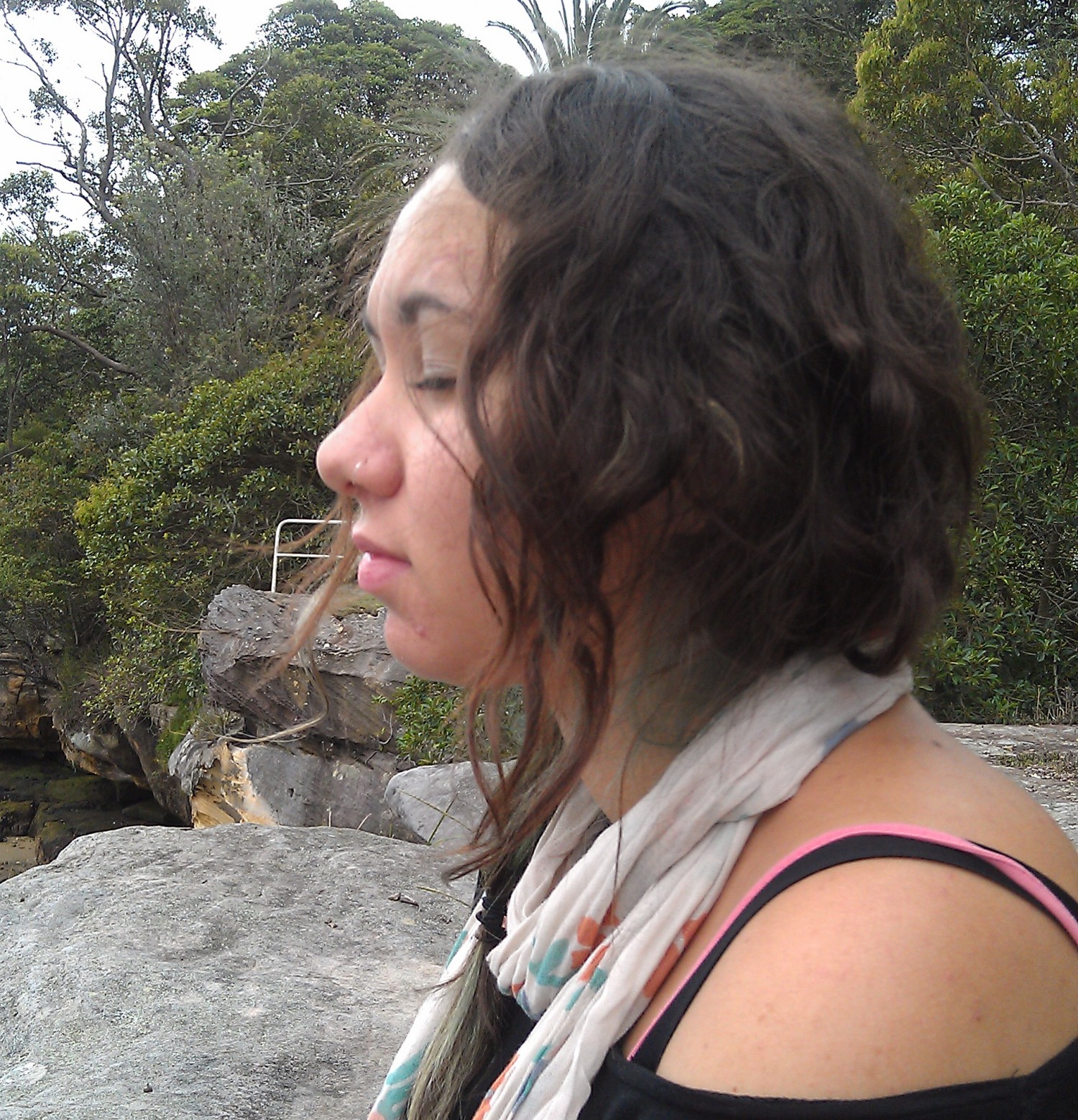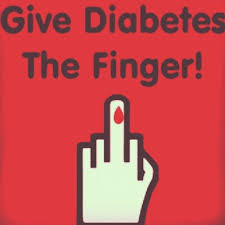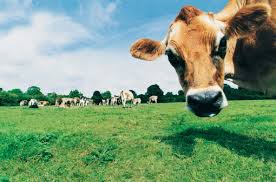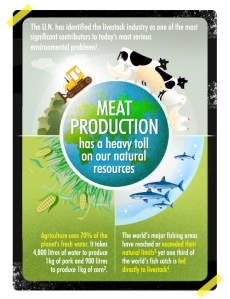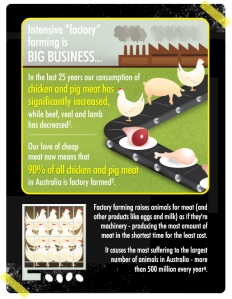When I was at the World Diabetes Congress in Melbourne last year, I was overwhelmed by the many different agendas being presented by the hundreds of groups represented at the conference. As a representative of Diabetes Australia, I had no agenda except to learn and offer up my own experience to all these ‘experts’. We were told that there was a unified agenda- to get proper treatment to all who need it, and to ultimately cure diabetes. But it was clear that the scary people in white coats showing me the newest medication that I ‘needed’, would be very upset if such a cure was discovered. Billions of dollars were being made by these pharmaceuticals and it was an odd experience- being a young type 1 diabetic and realising that a lot of people benefit financially from my broken pancreas.
One guy, Charles Mattocks, a celebrity chef in the US, came with a different agenda. He gave a seminar on the power of organic food, and it didn’t go unmentioned that he was given one of the smallest rooms to speak in, though people were spilling out and filling up overflow. He said himself that he wasn’t very popular at this conference, and that his ideas were scoffed at. But I was inspired by him and the people that got up and gave testimonies of the power of organic eating in improving both type 1 and type 2 diabetes. (I was also completely star struck when I took a photo with him and he asked me to go for a drink that evening…).
As a type 1 diabetic, and as someone who has suffered mental illness, I know better than anyone the importance of medication. Indeed there is no substitute for the artificial insulin I rely on minute by minute to stay alive.
But is there something I can do to improve my bodies response to that insulin? To avoid nauesating drugs that I’ve been prescribed liked diabex? I have found much more healing in taking apple cider vinegar, cinnamon, fish oil etc, than I ever did in diabex. Likewise, going off dairy products gave me more benefits than I predicted – better response to insulin and thus lower sugar levels, more energy, clearer skin, weight loss, improved mental health. There is so much healing to be found in food.
Mental health is a hot topic, and a buzz word popping up all over blogs , the news, and conversations. It’s a word our parents didn’t grow up using. It’s health of the MIND. Everyone has mental health and everyone needs to look after it. In the same way everyone has a degree of physical health to look after, improve and protect. Staying mentally healthy should be on the radar as much as staying physically healthy… for most people, both types of health need more attention.
But, lets not also forget that the mind is part of the body. It’s an organ, and the most complicated and important of them all. When the brain is suffering, the entire body suffers. Likewise when the body suffers, the brain can also suffer.
The interconnectedness is so important to understand. Staying mentally healthy can improve your quality and duration of life.
People with mental illness on average, die 25 years younger than people without mental illness, because of physical health problems. For example, someone with schitzophrenia is 4 times more likely to have diabetes , 5-7 times more likely to have colonary problems.. and vice versa, a person with type 1 diabetes, is 2 or even 3 times (according to some studies) more likely to development depression. So we can’t treat mental health separate to physical health. They are inherently linked.
To look after your mental health takes work. I often look back on my own mental health journey, and think of the pills I have been prescribed and the professional help I have received, and realise the lack of preventative measures that I had in my life to avoid the ‘episodes’ that I have suffered. While I see the value in medication for many people that I know, I am also wary of the over-prescribing of these meds as a first response rather than a last resort..(did you know that some dogs and cats are now on anti-depressants???).
Bottom line – like most bad things in the world, someone is making a shit load of money out of our unhappiness. Pharmaceuticals are dependant on you being anxious and unhappy, so don’t look to them for advice. This is also true of physical health.. there is so much healing to be found in food, exercise and habits, and yet, people pop pill after pill with side effect after side effect in pursuit of health.
As mental health problems are on the rise, we must see the link between the increase of depression and anxiety, and the lifestyle promoted by modern society.
A sustainable approach to physical and mental health must include all the goodness of veggies, fruit and organic foods that don’t pollute your body and mind with preservatives, additives, pesticides and all sorts of shit.
Be creative and be mindful of your health!
